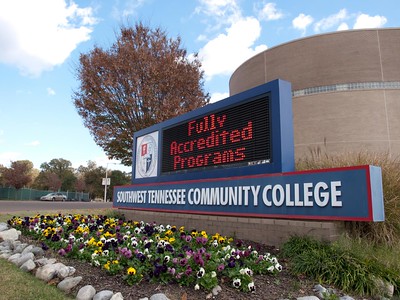The Tennessee Promise scholarship program will be 10 years old in 2024. This scholarship program guarantees tuition for high school students who enroll in one of Tennessee’s 37 community and technical colleges. According to the data, the results of the program have been… meh.
Looking at graduation rates, slightly more than one-quarter of students who enter the program directly out of high school graduate with an associate degree within 6 years. That isn’t the result the program’s organizers were hoping for. Like many other states, Tennessee wants to increase the educational attainment of its prime-age workforce. Its goal was to have 55% of working-age adults there to have a college degree or a certificate by 2025.
With 2025 just around the corner, Tennessee is taking stock of its progress to date. It’s not great. When I say that, I mean that the Tennessee Promise participants don’t tend to graduate from college at a substantially higher rate than non-participants. Nor do they graduate faster, nor are they more prepared for the workforce.
I’m not knocking the program. Anything that puts students through college is a good deal. But the slow completion rate and the high number of students who abandon the program indicate there’s something wrong. That something is the same thing that impacts non-Promise students in Tennessee and throughout the nation. Community colleges have low graduation rates. The Promise program mirrors those completion rates.
That tells me the Tennessee Promise (and other states’ programs alongside it) aren’t addressing the real issues that prevent high school graduates from completing a credential.
Tennessee Promise must address practical issues to succeed
Without more data, it’s hard to tell what the “real” problem is. And students drop out all the time, right? Whatever the challenges that frustrate completion among these students might be, paying for community college tuition isn’t one of them.
The likely culprits are the ordinary challenges community college students face: a shortage of basic needs, transportation, conflicts with work, the demands of childcare, lack of time to study or complete homework. The list could go on for miles.
If Tennessee and states like it want to see an increase in completions among their community college students, they will need to address these issues first. And if they want to increase enrollment in community colleges, they will need to address the other elephant in the living room: training for the low wage occupations that most community colleges specialize in. If they aggressively develop high-wage, high demand programs, community colleges might finally slay the completion dragon once and for all.
Photo Credit: Brad Montgomery , via Flickr

























